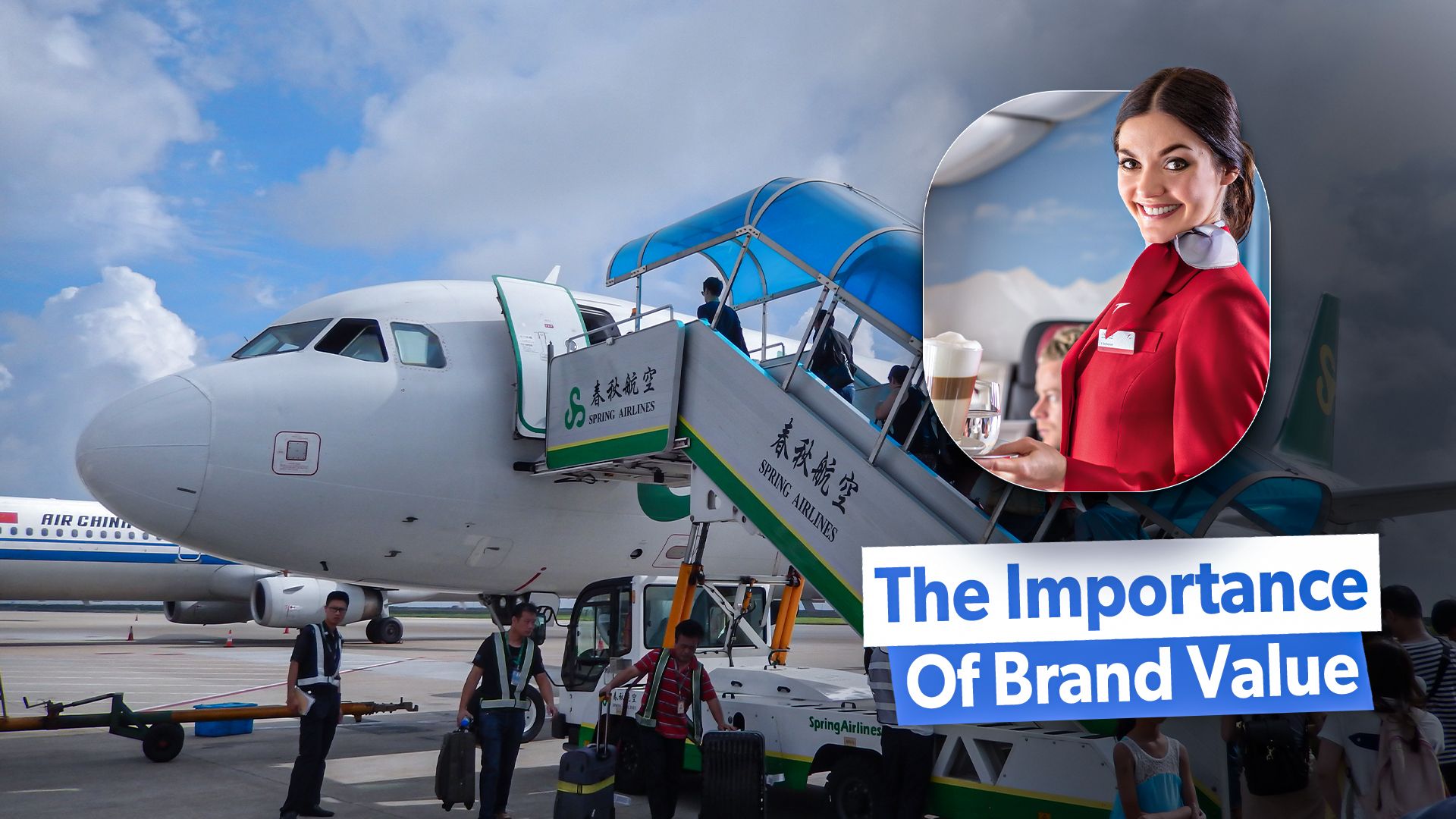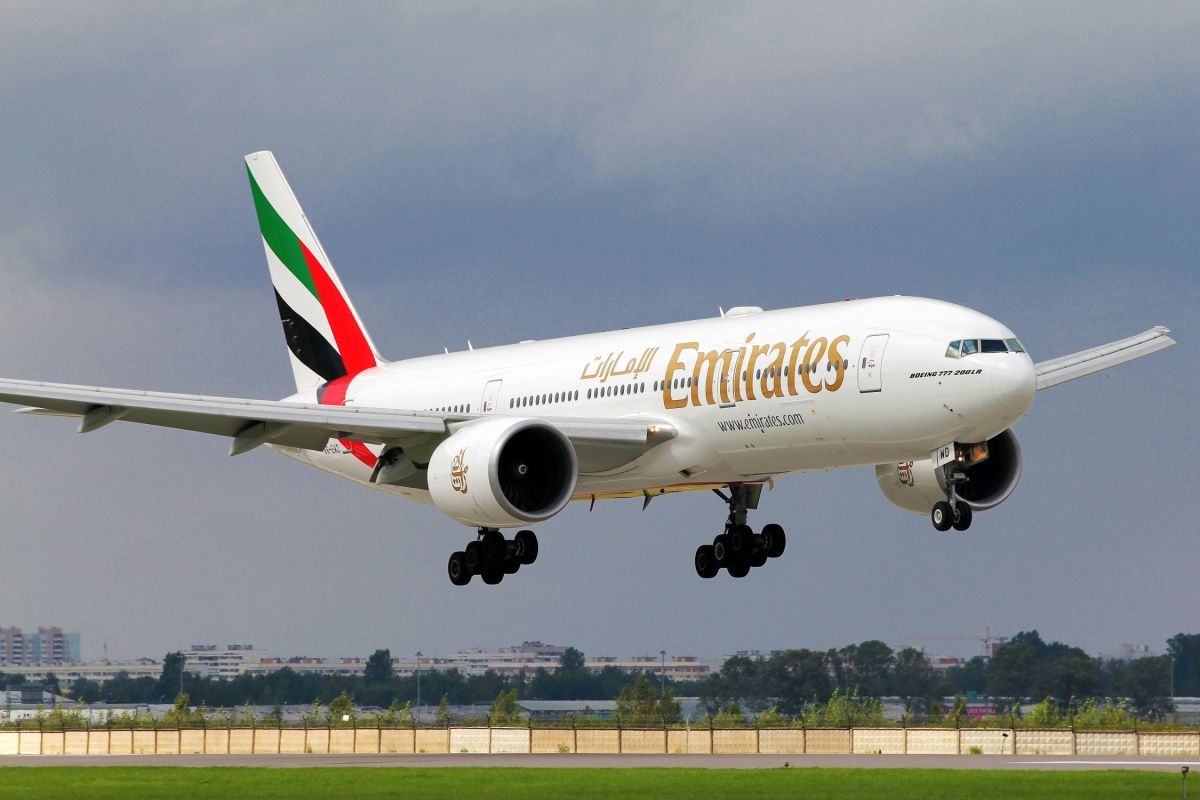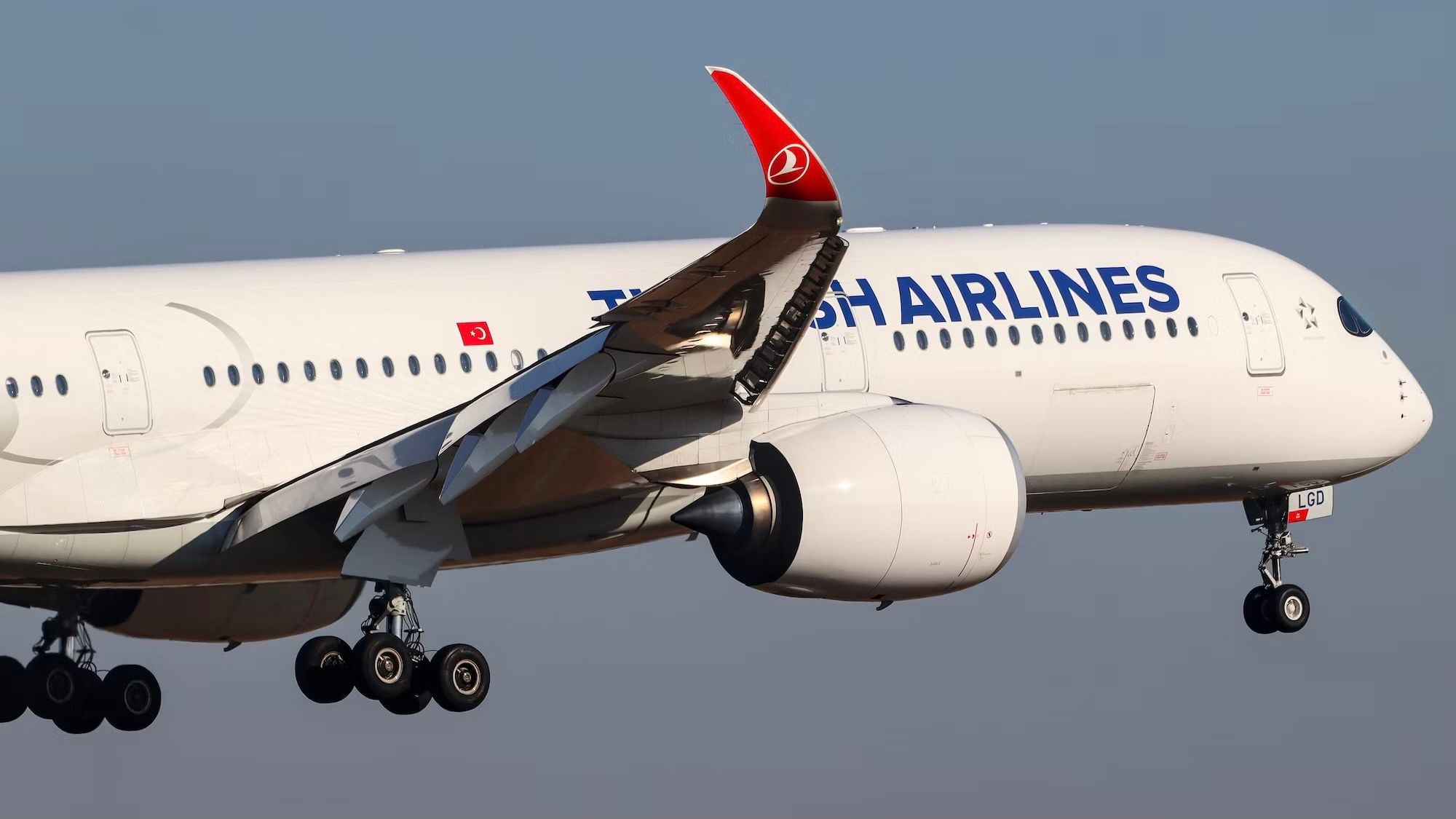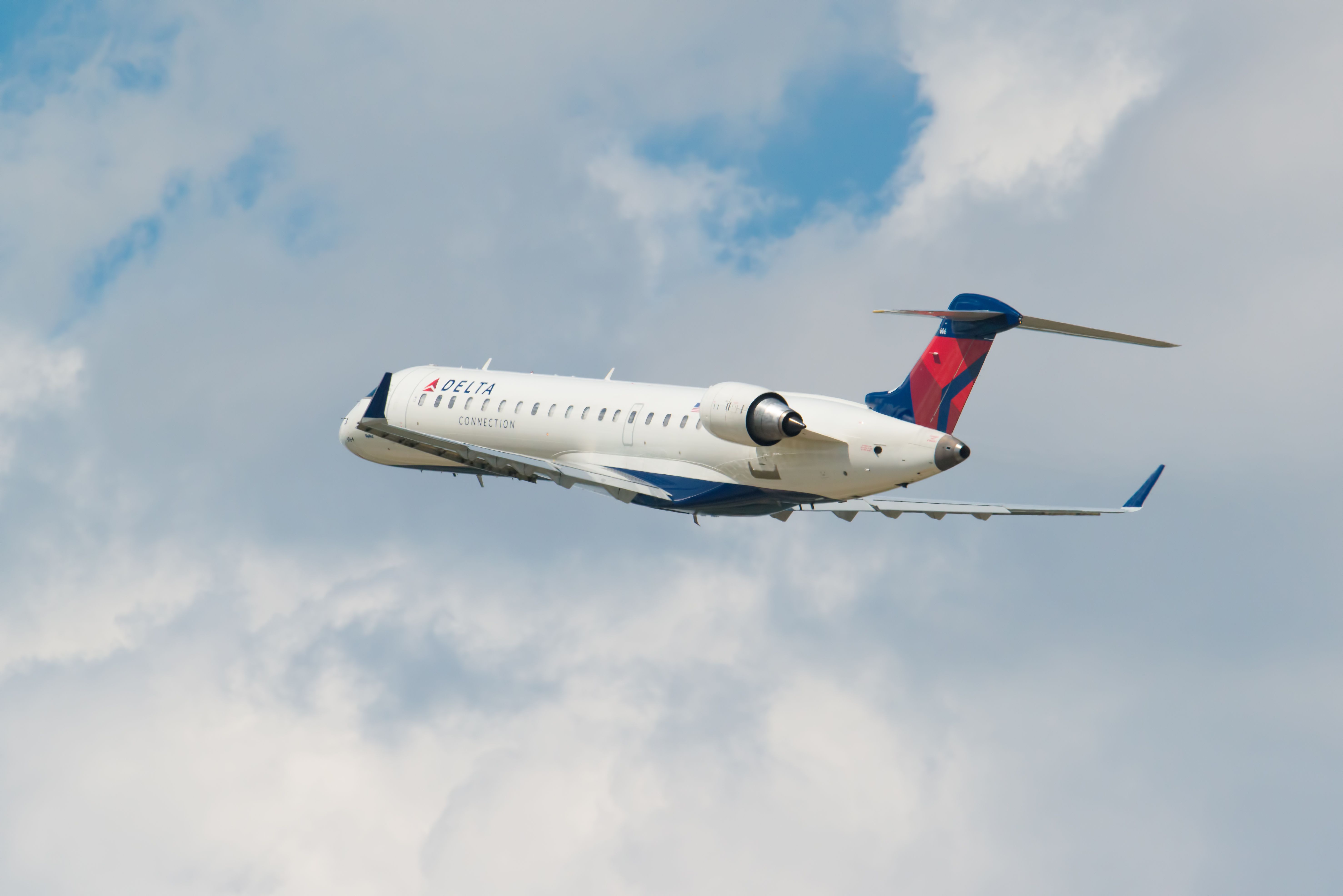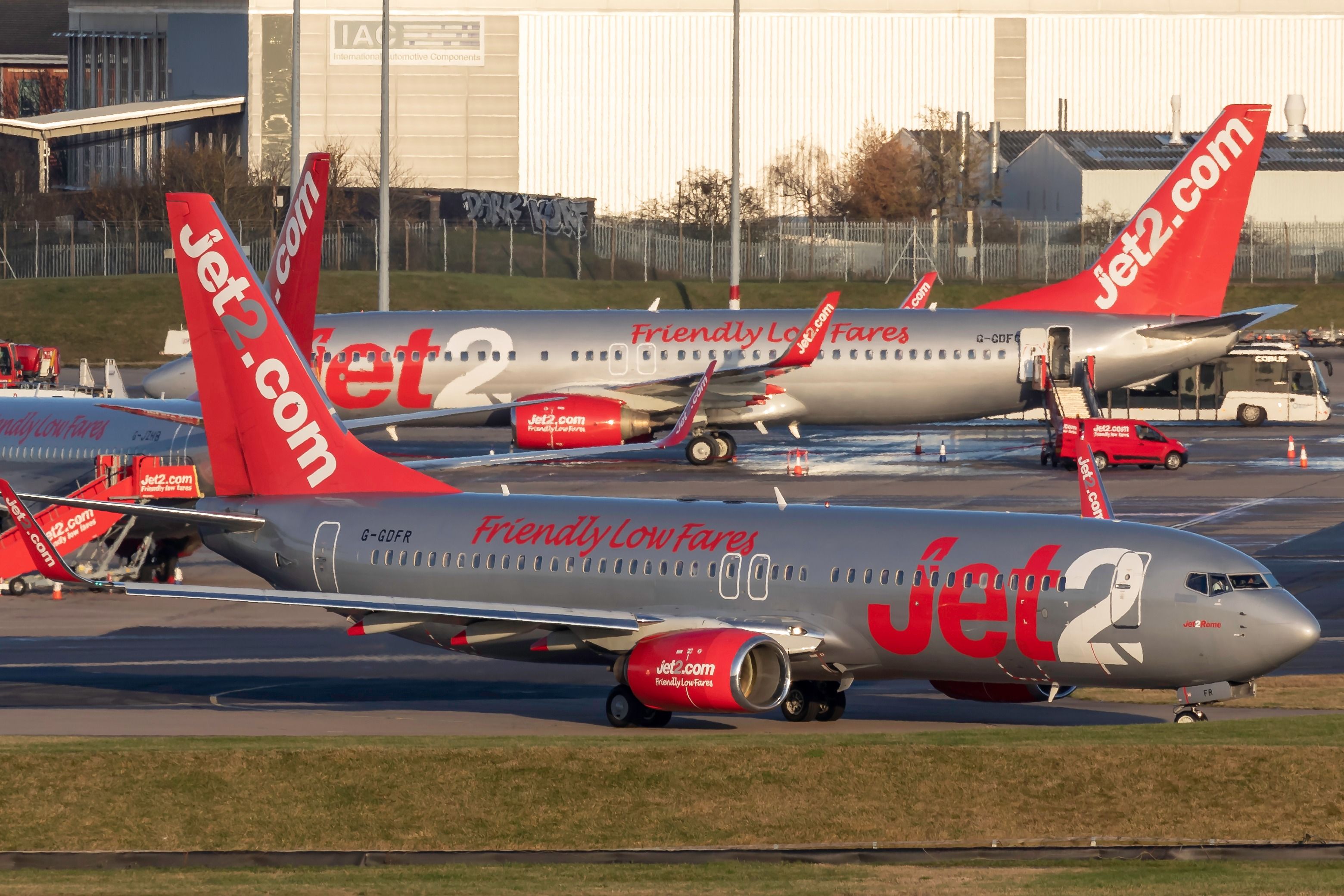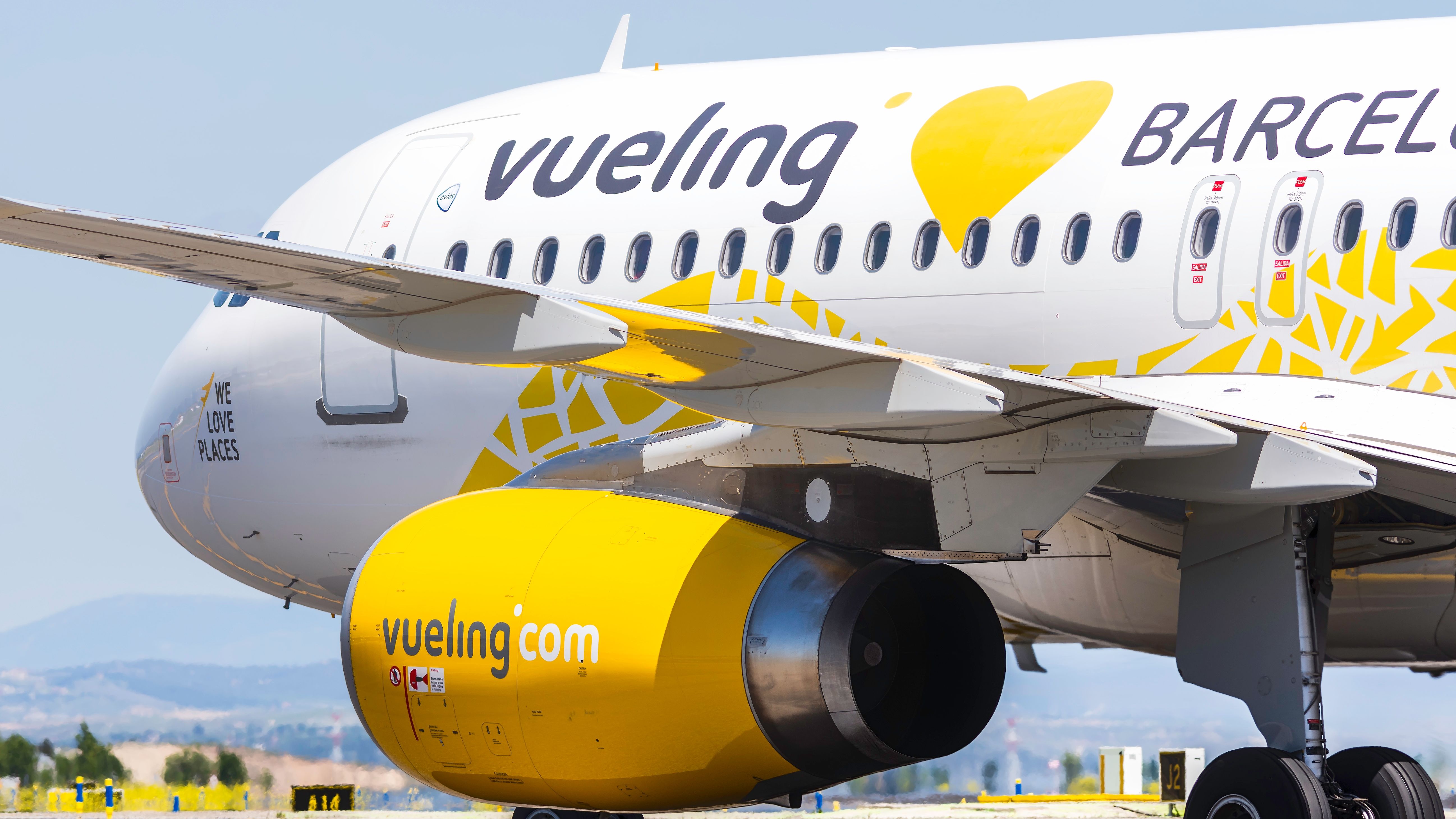Summary
- Brand value is crucial for airlines, impacting customer attraction, revenue generation, and market resilience.
- Through strategic initiatives, Delta Air Lines, Emirates, British Airways, and Jet2 have seen significant improvements in brand value.
- Vueling demonstrates the importance of strategic branding and market expansion efforts for rapid growth in the airline industry.
In the competitive world of airlines, brand value is essential to business success. Brand value reflects a brand’s financial worth, considering factors such as customer loyalty, brand reputation, market position, and overall brand strength.
A strong brand attracts passengers and drives financial performance, resilience, and long-term growth for airlines. This article delves into what brand value entails and why it is crucial for airlines.
Photo: JetKat | Shutterstock
Understanding the value of a brand
Brand value is a multifaceted concept that measures the worth of a brand in financial terms. It encompasses various elements, including:
- Brand Strength: The perceived quality, reputation, and the brand’s strength in the market.
- Brand Equity: The value added to a product or service due to the brand’s name.
- Customer Loyalty: The level of commitment and repeat business a brand receives from its customers.
- Market Position: The brand’s position relative to competitors regarding market share and consumer preference.
These factors collectively contribute to the brand’s financial performance. As a result, they influence customer acquisition, retention, and pricing power.
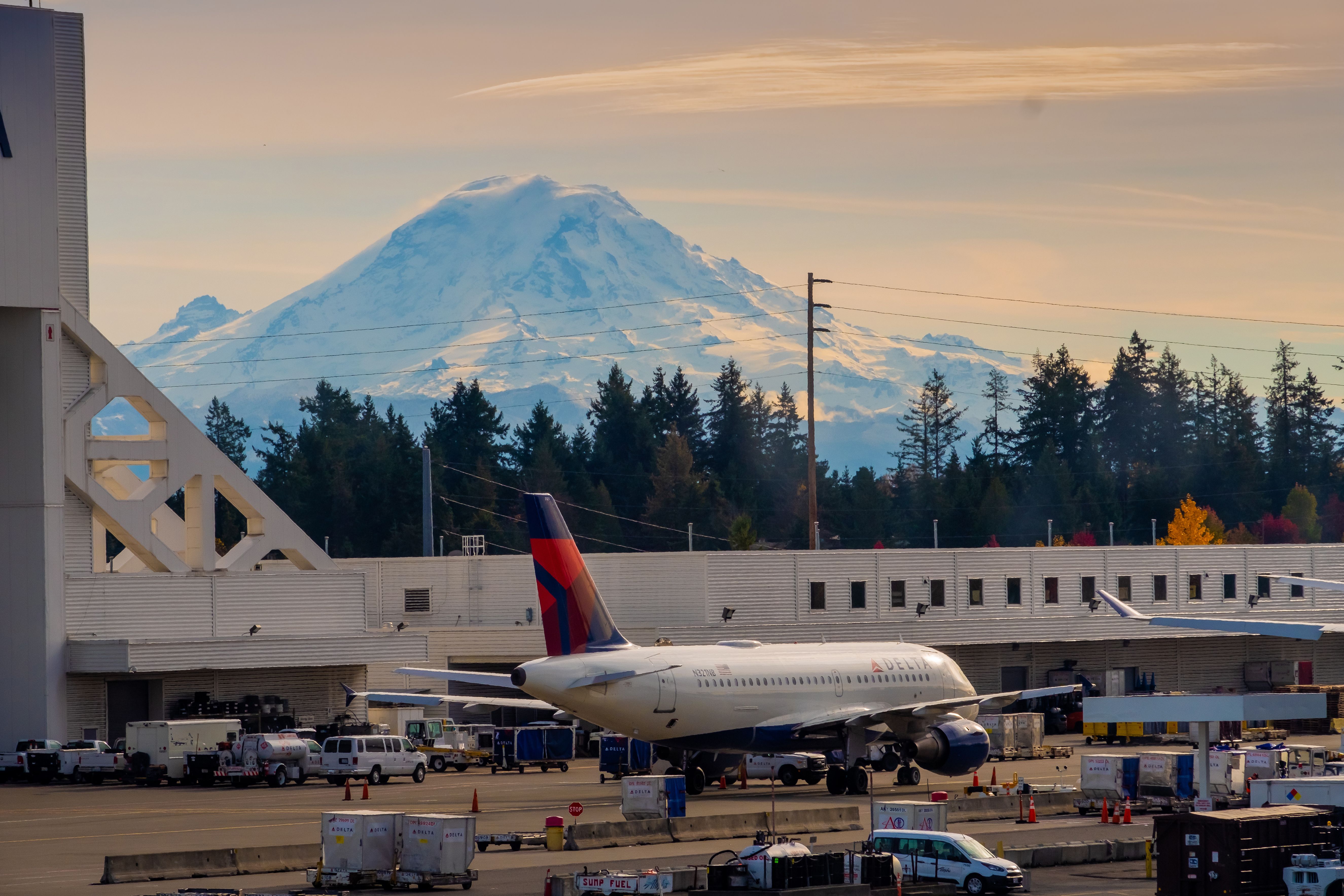
Related
New Data Shows Delta Air Lines Brand Value is Up To $10.8 Billion
Delta has been the world’s most valuable airline brand for six years running.
How important is brand value?
The airline industry is susceptible to brand value due to its highly competitive nature and significant reliance on customer trust and loyalty. Here are several reasons why brand value matters to airlines:
Customer Attraction and Retention:
A strong brand can successfully retain clients while attracting new ones. The two elements are not mutually exclusive. Client retention and acquisition are vital for sustaining business growth. For instance, Delta Air Lines, recognized as the world’s most valuable airline brand for six consecutive years, leverages its strong brand to maintain customer loyalty and market dominance.
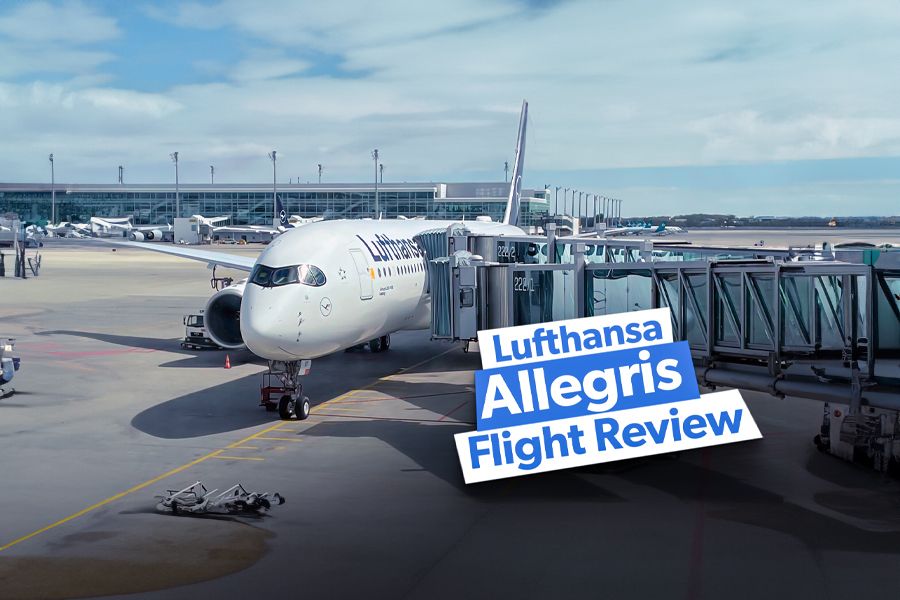
Related
Flight Review: Lufthansa’s Brand New Allegris Business Class Cabin
Simple Flying was onboard the first passenger flight with the new Allegris cabin.
Revenue Generation:
A valuable brand can command premium pricing, leading to higher revenue per passenger. This financial advantage allows airlines to invest in better services, expand their routes, and enhance customer experiences, creating a positive feedback loop.
Photo: ThaKlein | Shutterstock
Competitive Advantage:
Brand value can be a crucial differentiator in an industry with similar service offerings. Airlines like Emirates and British Airways have seen significant improvements in brand value, reflecting their strategic focus on customer satisfaction and operational excellence.
Market Resilience:
A strong brand can effectively help airlines weather economic downturns and industry challenges. For example, airlines with high brand value were in a better position of recovery post-pandemic, in part thanks to their loyal customer base and market presence.
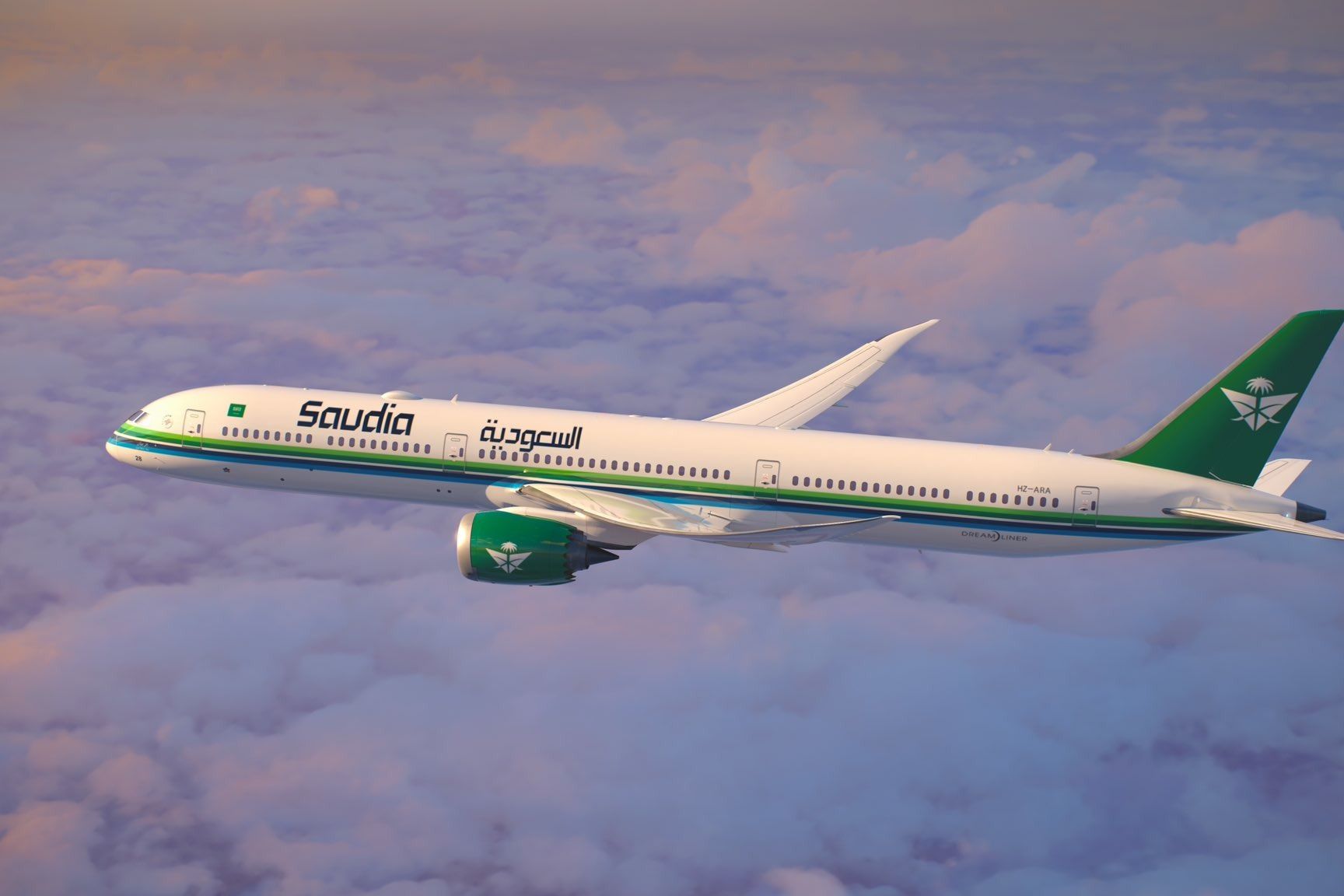
Related
New Year, New Look: Saudia Will Enter 2024 With A Fresh Brand Identity
Saudia has already unveiled a new logo and livery for its aircraft.
The leading airlines for brand value
Examining the performance of top airline brands provides insight into the impact of brand value:
Delta Air Lines: Delta has remained the most valuable airline brand globally. According to Aviation Business Weekly, its brand value is $10.8 billion, up 21% from the previous year. This success is attributed to Delta’s consistent investment in customer service, innovation, and brand management. Delta’s strategic focus on enhancing passenger experiences and maintaining operational excellence has significantly contributed to its brand strength.
Photo: natmac stock | Shutterstock
Emirates: Emirates’ brand value has grown by a remarkable 30%, reflecting its strategic initiatives to enhance the passenger experience and expand its global network. The airline’s commitment to luxury and quality service has solidified its position as a leading global brand. Emirates’ extensive marketing campaigns and sponsorships, such as partnerships with major sports events, have boosted its brand’s visibility and appeal.
British Airways and Jet2: According to FINN, these airlines have recorded the most significant increases in brand value, with British Airways seeing a 45% increase and Jet2 a 34% rise. Their focus on operational efficiency, customer satisfaction, and strategic marketing has driven these impressive gains.
Photo: Benthemouse | Shutterstock
British Airways’ efforts to improve its digital platforms and customer service initiatives have resonated well with passengers, enhancing its brand perception. In efforts to attract new customers, other airlines are investing billions in creating brands that are on par with bigger worldwide players, like Air India.
|
Rank |
Airline |
Brand Value (USD billions) |
|---|---|---|
|
1 |
Delta Air Lines |
10.8 |
|
2 |
American Airlines |
9.2 |
|
3 |
United Airlines |
8.4 |
|
4 |
Emirates |
8.3 |
|
5 |
Southwest Airlines |
7.1 |
|
6 |
China Southern Airlines |
6.5 |
|
7 |
Air Canada |
6.2 |
|
8 |
Lufthansa |
5.9 |
|
9 |
Qatar Airways |
5.8 |
|
10 |
British Airways |
5.6 |
|
11 |
Air France |
5.4 |
|
12 |
Turkish Airlines |
5.3 |
|
13 |
Singapore Airlines |
5.1 |
|
14 |
Cathay Pacific |
4.9 |
|
15 |
KLM |
4.7 |
Vueling, one of the fastest-growing airline brands
Airline brands are not only competing on service quality but also on how quickly they can enhance their brand value. Vueling, for example, is a low-cost carrier of the IAG group. Its main hub is Barcelona El Prat.
Photo: Ivan Berrocal | Shutterstock
According to Air Cargo Weekly, it is among the top 10 fastest-growing airline brands, demonstrating the impact of strategic branding and market expansion efforts. Vueling’s affordable pricing model and effective marketing strategies have significantly boosted its brand value, making it a formidable competitor in the low-cost carrier segment. However, as hard as it is to build a reputable brand, it can be just as easy to destroy, even when situations are out of the airlines’ control.
Brand value is a critical asset in a competitive market.
Brand value is a critical airline asset, influencing everything from customer loyalty and revenue generation to market resilience and competitive advantage. Airlines can ensure sustained growth and success in the dynamic aviation industry by understanding and investing in their brand value.
The examples of Delta, Emirates, British Airways, and Jet2 highlight the tangible benefits of a strong brand, making it clear that brand value is not just a financial metric but a cornerstone of strategic business management in the airline sector.
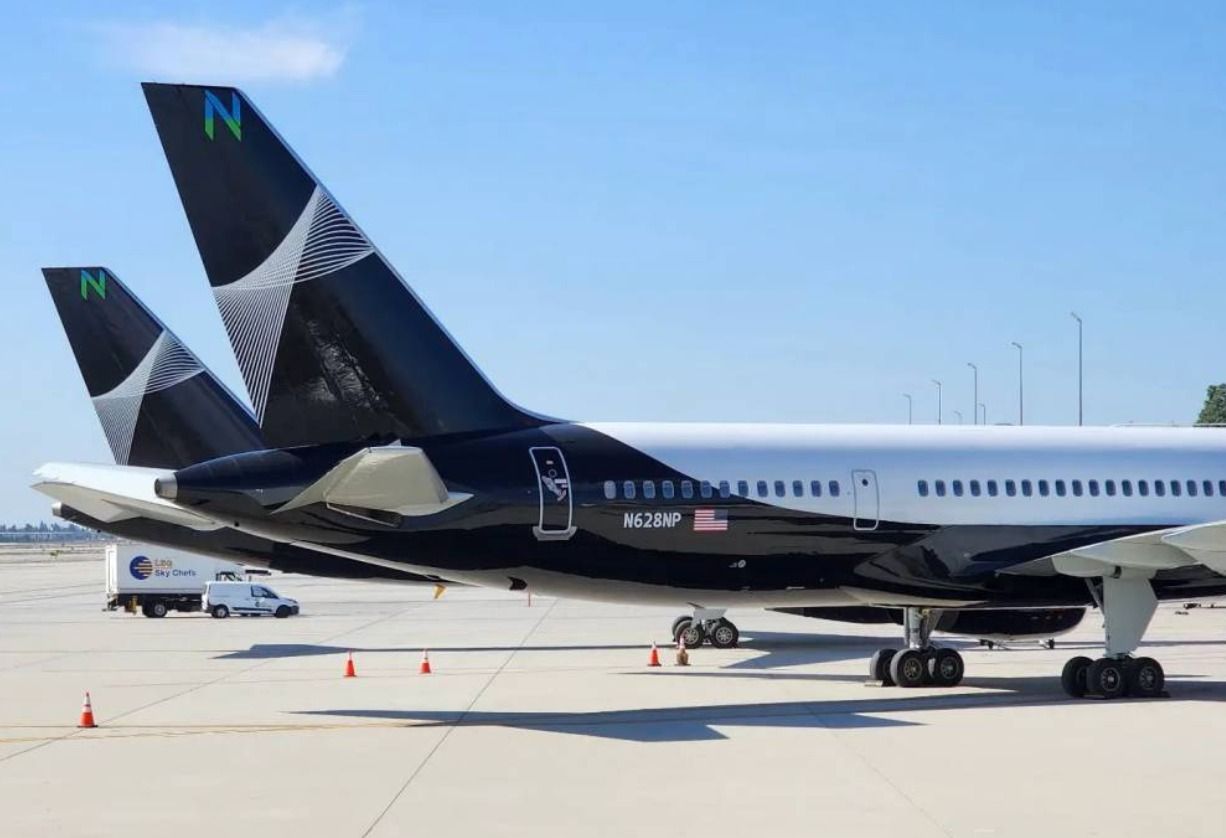
Related
New Pacific Airlines: Northern Pacific Forced To Rebrand After BNSF Injunction
This is one airline that just can’t catch a break.
For airlines, maintaining and enhancing brand value requires continuous investment in customer experience, innovative service, and effective marketing strategies. As the aviation landscape evolves, those airlines that prioritize and nurture their brand value will be in a better position to navigate new opportunities. Whether through premium services, extensive networks, or robust customer loyalty programs, the importance of a strong brand cannot be overstated in the pursuit of long-term success.
What role do you think brand value plays in airline strategy? Let us know in the comments!
